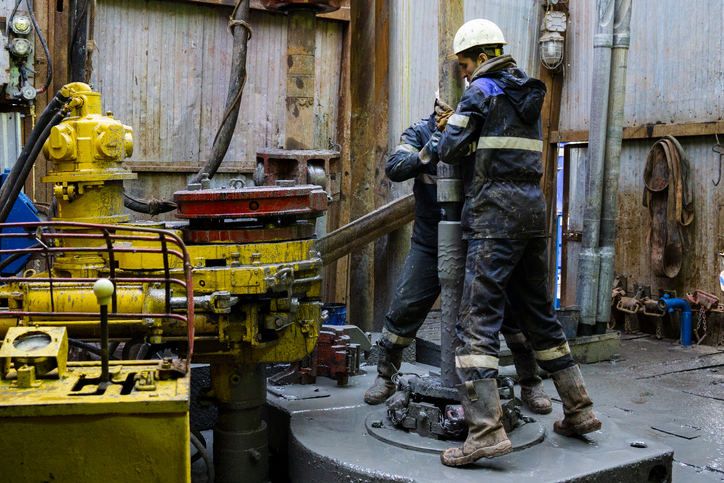
Oil and natural gas companies are racing to deal with the fallout from the worldwide pandemic of novel coronavirus, or COVID-19.
According to Reuters, their response amid falling energy prices and greatly lowered demand includes work-from home rules for office-based employees and health checks for critical staff needed to ensure refineries, oil rigs, pipelines, and other vital infrastructure continue to operate.
At the same time, major oil and natural gas producers are also pushing the Trump administration to waive or suspend certain regulations affecting the industry, including some that directly impact workplace and environmental safety.
How COVID-19 is Affecting the Oil and Gas Industry
More than 200,000 people have become ill from the novel coronavirus now rampaging across the globe. Over 6,000 cases have been confirmed in the United States alone, and the pandemic has now touched all 50 states, as well as the District of Columbia, Puerto Rico, Guam, and the U.S. Virgin Islands. The virus has been blamed for more than 8,270 deaths worldwide, including 100 in the United States.
As Reuters noted, refineries and other energy infrastructure can’t operate without onsite teams. Because these workers are usually grouped in close quarters, they’re far more vulnerable to an outbreak of COVID-19. So far, only a single case of coronavirus has been reported at a Marathon oil refinery in California, forcing the facility to order some potentially exposed workers offsite. But while no energy facilities in the United States have been forced to shut in because of COVID 19, companies are putting contingency plans in place.
Royal Dutch Shell, for example, has asked salaried staff at its Louisiana refineries to begin shadowing hourly plant operators to prepare managers to run units if necessary. Meanwhile, Exxon is only allowing trained operators into control rooms at its Baytown plant outside Houston, Texas, and requiring they remain at least 6 feet apart.
Some refineries are also considering assigning small crews to keep plants running during an outbreak. Those individuals would not be allowed to leave the affected facility until an outbreak has passed.
Energy Companies Seeks Regulatory Waivers, Jones Act Suspension
The Association of Oil Pipelines confirmed that oil and natural gas companies are discussing possible work rule waivers with the U.S. Pipeline and Hazardous Materials Safety Administration. The American Petroleum Institute – another industry lobbying group – is also working with the Environmental Protection Agency and the Department of Energy on waiving some environmental regulations during the crises.
And while shale drillers have been hard hit by the dramatic drop in energy prices, the companies insist they’re not seeking any government bailouts. Instead, they’re pushing to suspend the Jones Act as a means of decreasing the shipping costs associated with bringing their products to market.
It’s likely the Trump administration will agree to waive some regulations affecting the oil and gas industry, considering it has already done so for others. Most recently, for example, the Federal Motor Carrier Safety Administration suspended Hours of Service Rules for commercial vehicles – including heavy trucks and 18-wheelers – needed to haul groceries and vital medical equipment during the outbreak.
Call 1-888-603-3636 or CLICK HERE for a Free Consult with our Plant and Refinery Explosion Lawyers
Our Plant Explosion Lawyers have won billions for thousands of workers injured or tragically killed at refineries, pipelines, and drilling rigs in Texas, Louisiana, and across the United States.
Please call 1-888-603-3636 or Click Here to send us a confidential email via our “Contact Us” form.
All consultations are free and, because we only represent clients for a contingency fee, you’ll owe nothing unless we win your case.